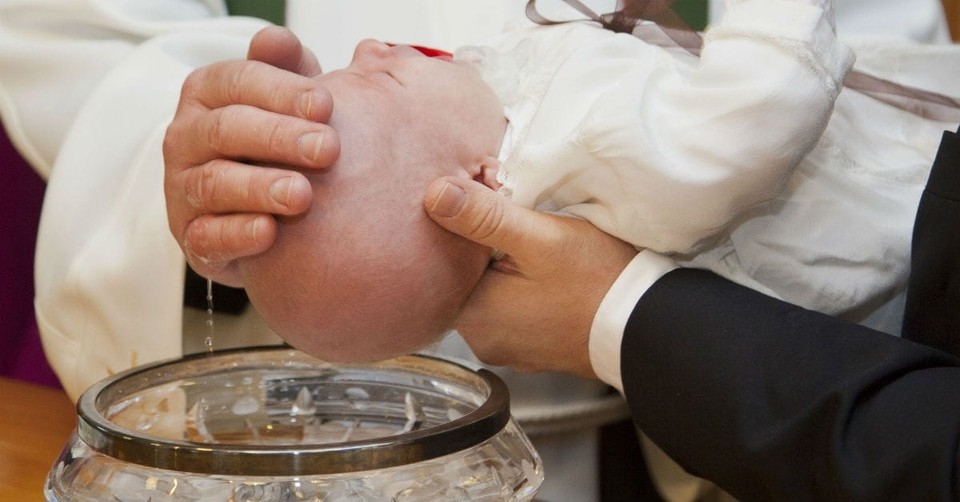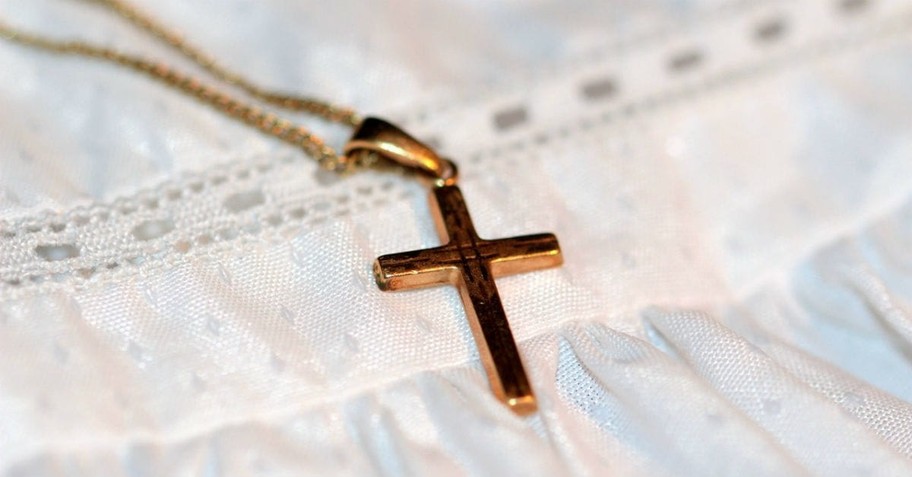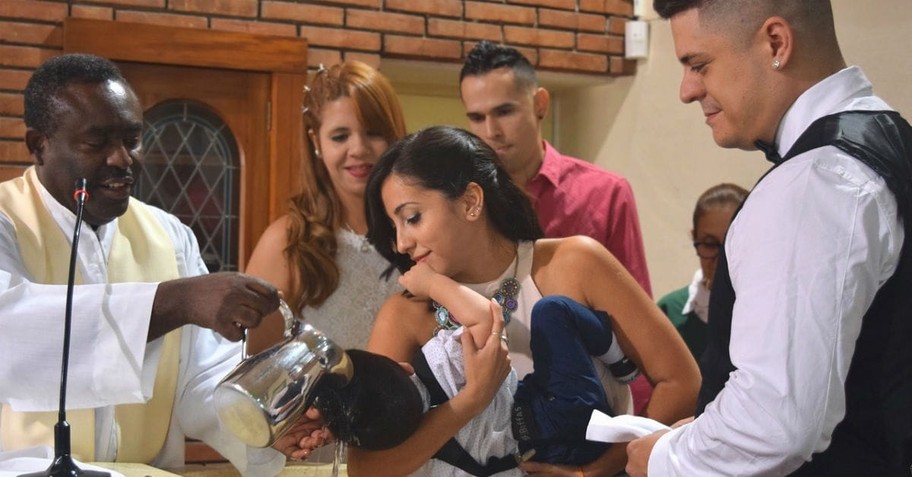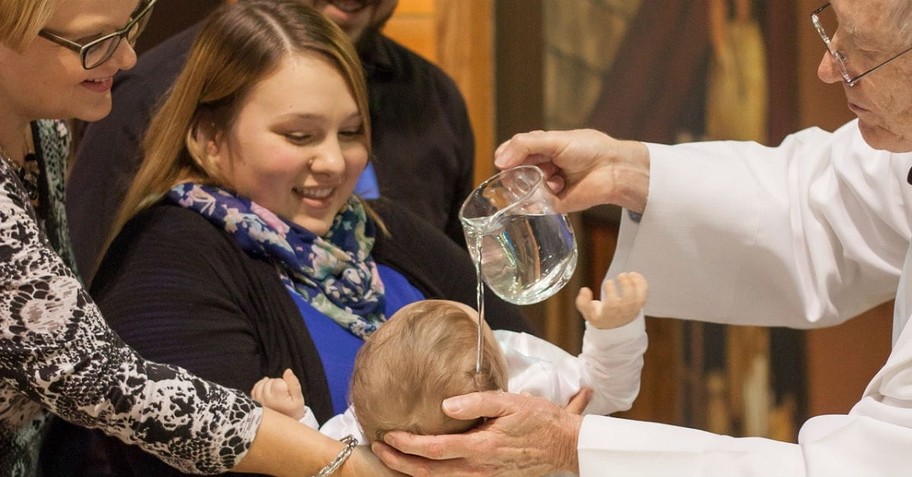Some protestant churches do not agree with the idea of infant baptism, such as credo-baptists. They believe that people should be baptized when they are old enough to understand, to make the decision to follow Christ, forsaking the world, that baptism is a sign of a commitment to follow Christ.
“... I’m convinced that no, infants should not be baptized, that baptism is for believers. Baptism reflects the newness of life that God has given to us in Christ. It’s a picture of the new birth and a picture of our hope in the resurrection of the body to come,” Mark Dever says.
Others, called paedo-baptists, believe christening is starting a new life in Christ:
"It's a sign of a new beginning and becoming a part of God's family," says the Church of England.
Where Did the Idea of Infant Baptism Originate?
In the Bible, there are instances in the New Testament where households were baptized. John Piper cites the baptism of the house of Stephanas, the house of Lydia, and the house of the jailer, as examples, while explaining the idea of infant baptism: “When we look at the New Testament, the closest thing to infant baptism that we find is the reference to three “households” being baptized.”
“...It is significant that in regard to the family of the Philippian jailer Luke reports in Acts 16:32, just before mentioning the baptism of the jailer’s household, “[Paul and Silas] spoke the word of the Lord to him together with all who were in his house.” This seems to be Luke’s way of saying that hearing and believing the word is a prerequisite to baptism. The whole household heard the word and the whole household was baptized. In any case, there is no mention of infants in any of these three instances of household baptisms, and it is an argument from silence to say that there must have been small children. ”
Speaking specifically of others’ defense of infant baptism, Piper references Joachim Jeremias, quoting Oscar Cullman: “It is characteristic that Luke could report the matter thus. For by so doing he gives expression to the fact that ‘the solidarity of the family in baptism and not the individual decision of the single member’ was the decisive consideration...”
Infant Baptism and the New Covenant
Another common scripture noted, with regard to infant baptism, is Acts 2:38-39. It says, “Peter replied, “Repent and be baptized, every one of you, in the name of Jesus Christ for the forgiveness of your sins. And you will receive the gift of the Holy Spirit. The promise is for you and your children and for all who are far off—for all whom the Lord our God will call.”
Dever explains, “They think that that means that the promises of God go down the generations and therefore, If believers have children, those children have the right to the sign of the covenant, like the children of the Israelites did in the Old Testament with the sign of circumcision."
In an earlier version of this article, we incorrectly stated that Protestant churches do not practice infant baptism. We've since edited the piece to reflect the differences between denominations within Protestantism. We apologize for the error.
Photo Courtesy: Lightstock















